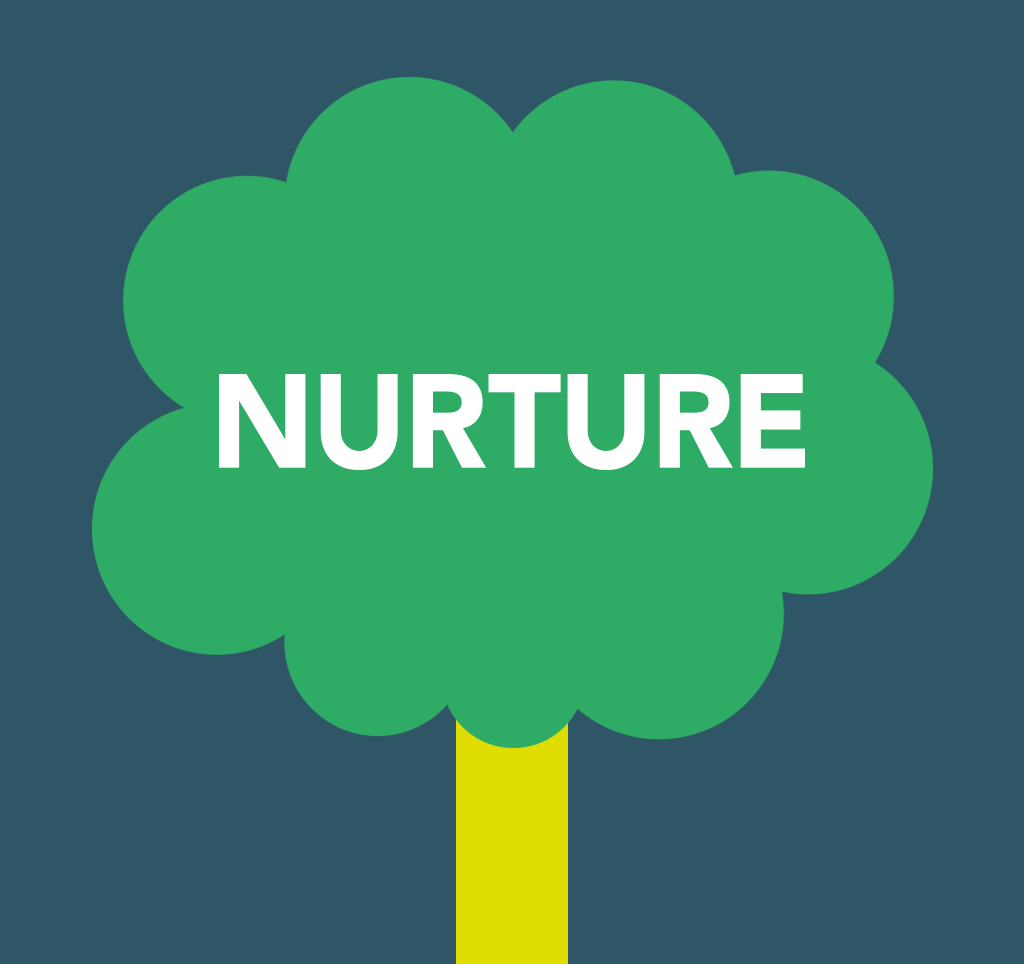



The aims of outreach support are to:
Support mainstream schools in meeting the needs of children and young people with learning difficulties which are outside their usual experience
Help teachers and teaching assistants feel more confident in their day-to-day work in the classroom and promote a climate of success.
Build this confidence through being able to talk to, observe and work alongside skilled practitioners from special school settings.
Who can access outreach?
The outreach service is available to all schools and educational settings in the local area. Pupils referred for such support are those who challenge the confidence and skills of teachers and support staff as a result of their special educational needs.
How much does it cost?
The initial visit is free (up to half a day) and strategies, advice and casework will be discussed. After each visit a Summary of Support with clear success criteria will be completed by the outreach worker and sent to the Headteacher/SENCo of the mainstream school. Mainstream schools will need to use their own resources to release staff to work with our staff.
Further work
After the initial visit there are packages of support that schools can access at a cost:
- ½ day: £125.00
- 1 day: £250.00
- 2 days: £400.00
This can include bespoke packages which could consist of a combination of:
CPD, individual casework, further intervention to support the initial request and SEND reviews to inform next steps and inform school development plans.
Informal support and advice is also available – please feel free to phone or email us if there is anything you would like to discuss. We are here to help!
We are always looking for ways to further develop partnerships between Dorothy Goodman and mainstream schools. Please do not hesitate to get in touch if we can support in any other way.

Help & Support
The kind of help may include:
- Advice regarding individual pupils to increase their access to the curriculum, inclusion in the classroom and socially around the school.
- Advice on teaching, learning, assessment and target setting,
- Advice on appropriate resources and information,
- Advice about how to manage the education of pupils with specific conditions
- Guidance at transition times,
- Opportunities for teachers and support staff to visit Dorothy Goodman to view specialist resources and/or observe teaching strategies
- Training sessions and/or contributing to staff meetings on a range of topics
Advice, strategies and training are available to support children and young people in the following areas: Dyslexia, Autism, Challenging Behaviour, Communication & Interaction, Social & Emotional Support, Sensory needs, EYFS, Makaton.
How can schools/settings access outreach?
To access outreach support a Request for Support form must be completed. In all cases, requests for support should be made by the Headteacher of the mainstream school or his/her representative, to the Outreach Coordinator here at Dorothy Goodman School. Please refer to the Request Pathway flow chart for further information.
The initial visit is free (up to half a day) and strategies, advice and case work will be discussed. After each visit a Summary of Support with clear success criteria will be completed by the outreach worker and sent to the Headteacher/SENCo of the mainstream school. Mainstream schools will need to use their own resources to release staff to work with special school staff.
SEND Acronyms
What do they mean?
| ASD | Autism Spectrum Disorder |
| ADHD | Attention Deficit and Hyperactivity Disorder |
| ADD | Attention Deficit Disorder |
| CAMHS | Child and Adolescent Mental Health Services |
| CCG | Clinical Commissioning Groups |
| EHC | Education, Health & Care |
| EP | Educational Psychologist |
| HI | Hearing Impairment |
| IEP | Individual Education Plan |
| LA | Local Authority |
| MLD | Moderate Learning Difficulty |
| MSI | Multi-sensory impairment |
| OT | Occupational Therapy/Therapist |
| PD | Physical Disability |
| PMLD | Profound and Multiple Learning Difficulties |
| PR | Parental Responsibility |
| PT | Physiotherapy/Physiotherapist |
| SALT | Speech & Language Therapy/Therapist |
| SEN | Special Educational Needs |
| SENCo | Special Educational Needs Co-ordinator |
| SEND | Special Educational Needs and Disabilities |
| SLCN | Speech, Language & Communication Needs |
| SLD | Severe Learning Difficulties |
| SpLD | Specific Learning Difficulties |
| DCD | Developmental Co-ordination Disorder |
| TA | Teaching Assistant |
| VI | Visual Impairment |
| Dyslexia | Literacy |
| Dyscalculia | Numeracy |
| Dyspraxia | Movement, gross or fine motor perception |